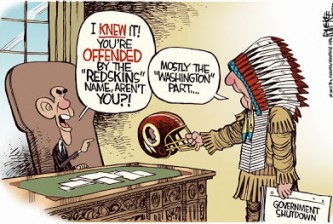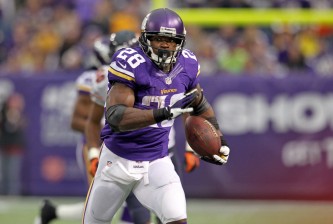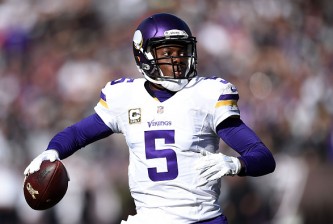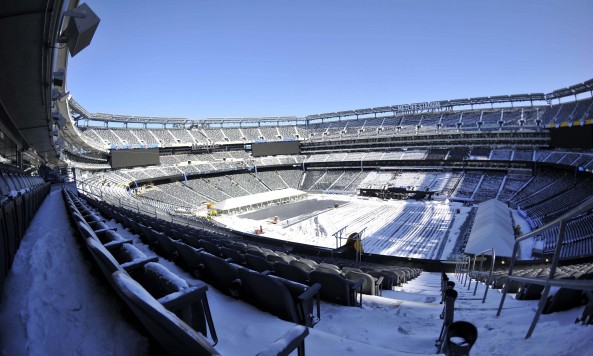With the Super Bowl less than a week away, much of our attention is turning towards the weather. That’s a departure from our normal Super Bowl week rituals, but with the big game at MetLife Stadium in New York City, there’s been very legitimate concern about cold-weather taking away from the Super Bowl experience.
It won’t. Bring on the snow, bring on the ice, and give me some icicles.
As much as I would love to see snow flurries playing a huge factor in the big game, it doesn’t look like that’s going to be the case.
According to The Weather Channel, there’s little chance of precipitation with a high of 38 degrees and a low of just 24 degrees. Sure, the weather won’t be as conducive to the passing attack as playing in New Orleans or Indianapolis, but it shouldn’t limit the Broncos and Seahawks to running the ball and stopping the run.
Despite the likelihood of good weather for this year’s cold climate game, there’s a raging debate as to whether cold-weather Super Bowls should even exist. There’s no doubt that a blizzard could affect the big game down the road in cold-weather cities. Is the potential hassle worth allowing northern cities to host the Super Bowl?
It’s always seemed ironic to me that some of the biggest games of the season are played in inclement weather, but the biggest game of all never has the opportunity to be played in a market featuring weather that regularly dips below 40 degrees. With New York potentially starting a trend, that inequity could be changing.
It’s not as if cold-weather cities have never hosted successful Super Bowls. The difference between those venues and MetLife Stadium is simply that those cities featured stadiums with a roof. Still, if the concern is that the festivities leading up to the big game will be negatively affected by potentially poor weather, we can move on from this discussion right now.
If, on the other hand, the concern is that the cold-weather will take away from the in-stadium experience of fans paying potentially thousands of dollars to attend the game in person, we need to remember that those fans are volunteering their money to see the Super Bowl. To think that less fans will want to pay huge money for tickets is relevant, but there’s no threat that the game won’t be a complete sellout. Sure, the secondary and tertiary markets for tickets may be negatively impacted, but that impact is likely to be marginal at best.
Ultimately this year’s Super Bowl will be a pilot even for future cold-weather games. With a successful event, the way will be paved for other cold-weather cities to throw their names in the hat to host a Super Bowl. Even if the event isn’t perfect, there’s little significant reasons to abandon hosting the game in cold climates down the road.
There seems to be as much anticipation for a cold-Super Bowl as criticism. At the end of the day, we’re far more likely to remember this year’s game for the action on the field than the weather. Ten years from now, we probably won’t even remember ever having this discussion. Should this be the first and last cold-weather Super Bowl? No. That’s about as complicated of an answer as the question needs.























